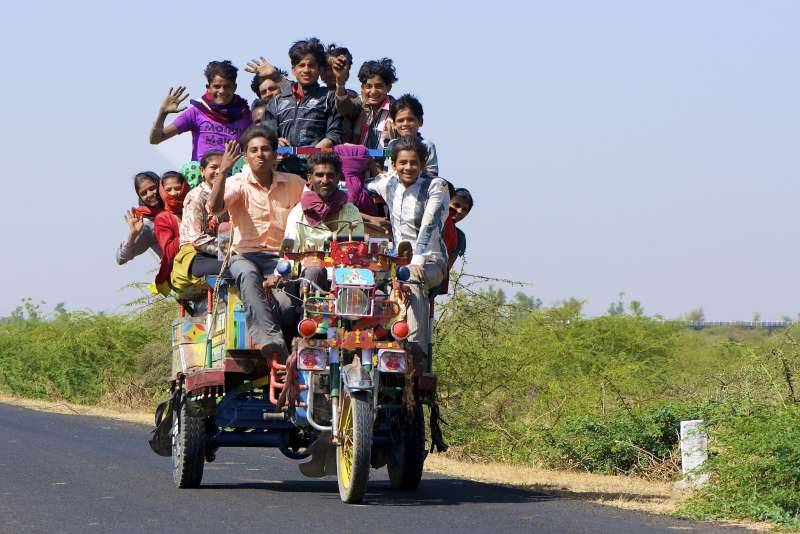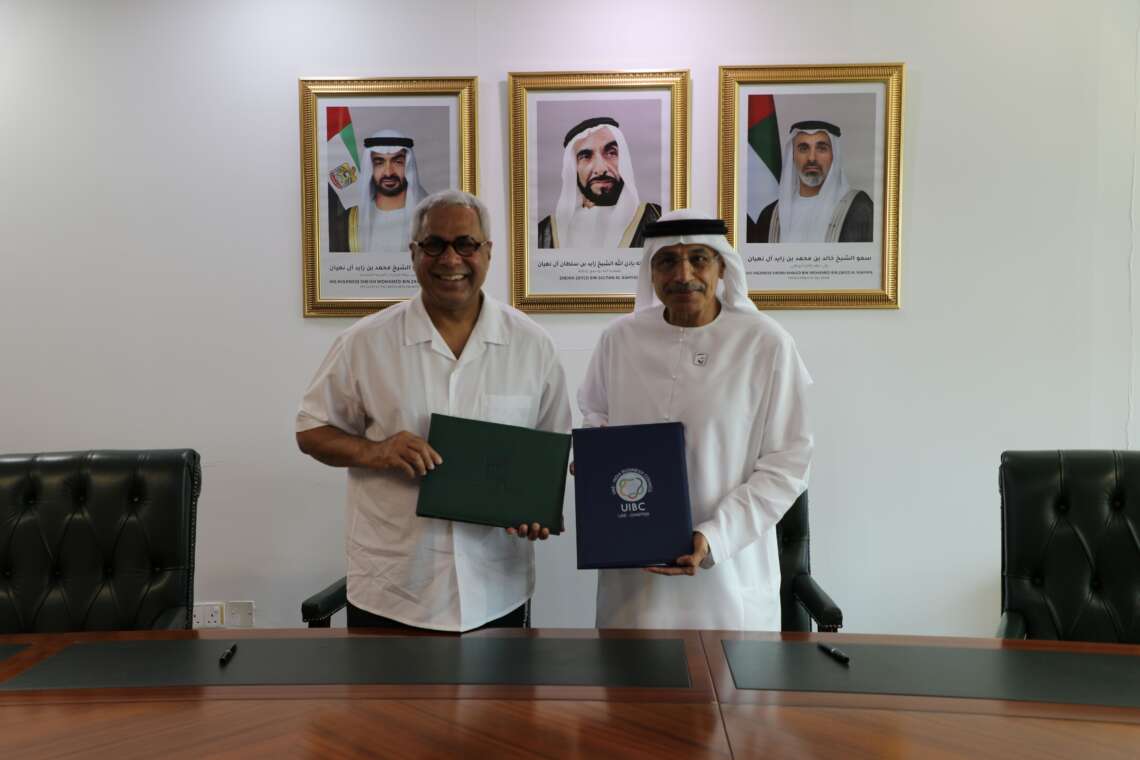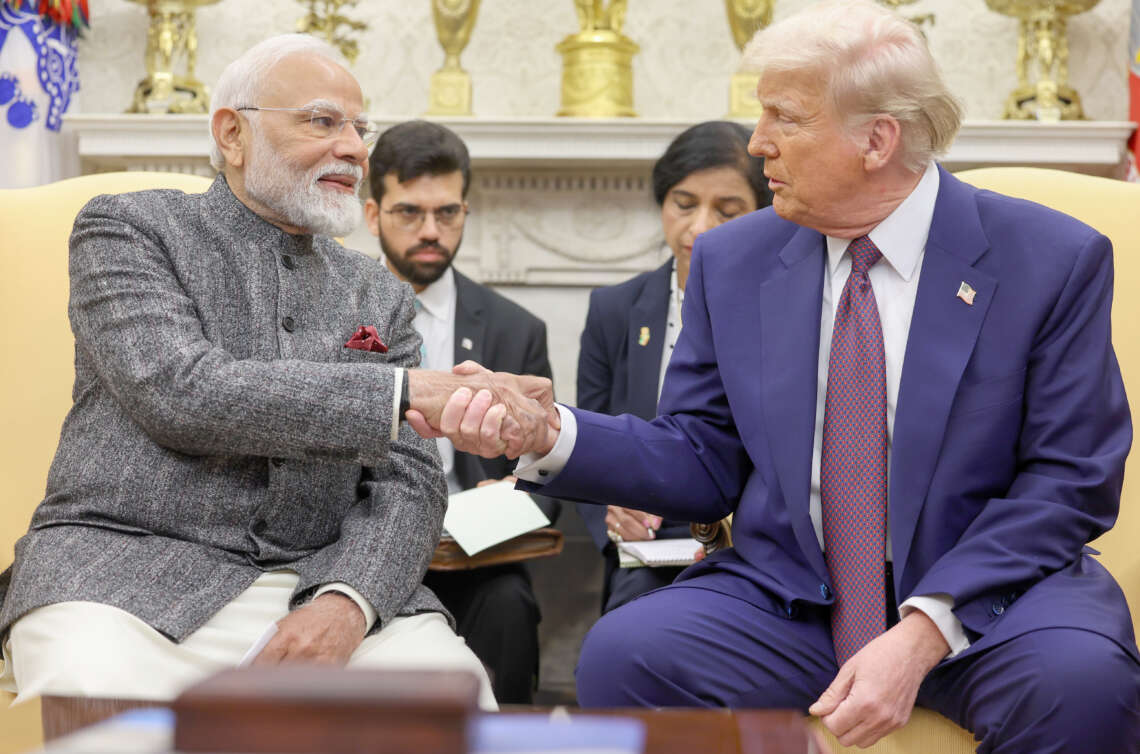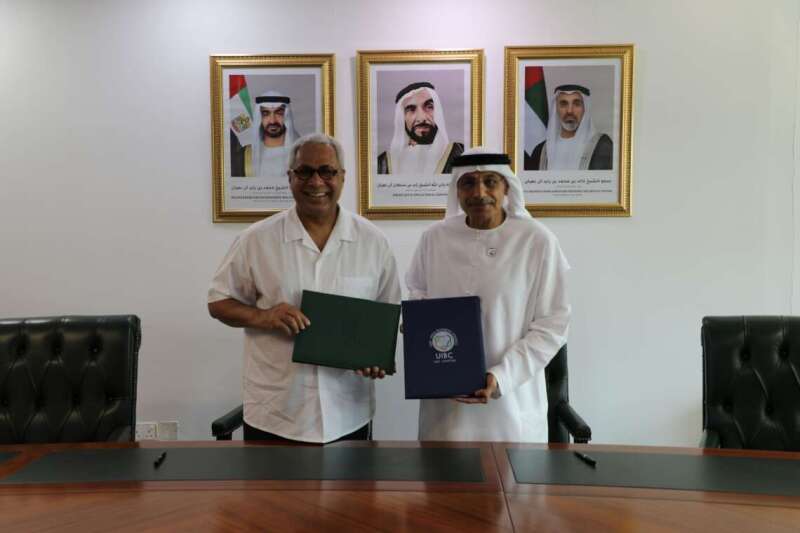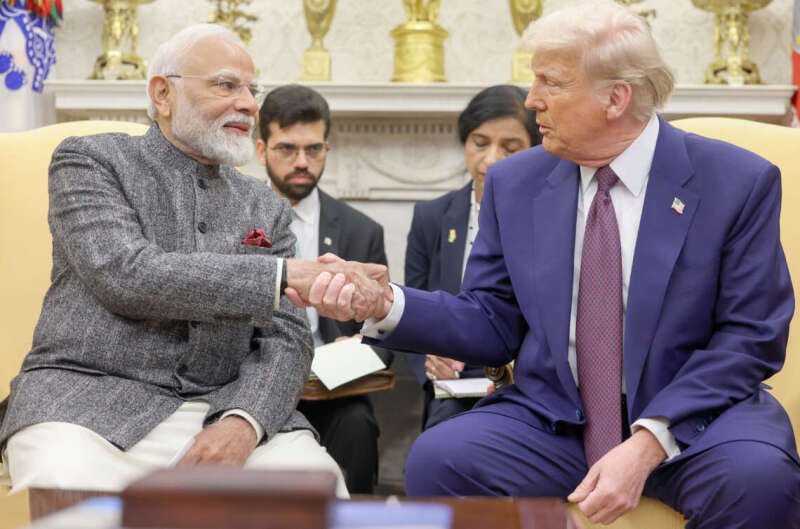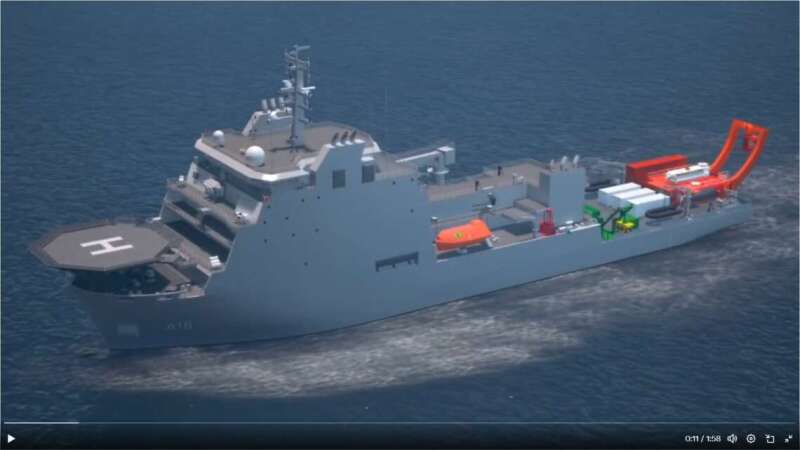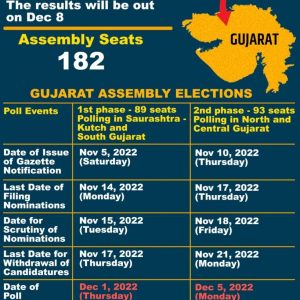Down the line, a mindset change is needed among officials, writes Prof. Madhav Nalapat
Prime Minister Narendra Modi is working to transform the way India functions. Among other actions, it was Modi who ensured that circumstances were created to enable the Indian Army to deploy more than 40,000 additional troops in a matter of days on the frontier shared with China, a feat that was regarded as impossible by the other side. Despite the changes he has made, some sections of Official India tend to fix on the short term, often to the detriment of a longer time period has across the decades weaved its way into much of policy.
An example of the blocks that this results in is provided by the opposition of some state governments to Finance Minister Nirmala Sitharaman’s suggestion that petroleum products come within the GST ambit. Despite relatively high rates, GST on petroproducts would be by far more people-friendly and predictable than the present system. The problem is that the effect of lockdowns imposed after the SARS2 pandemic struck in the beginning of 2020 has resulted in the closure of several small and medium establishments, of which most likely only around 60% will return to activity.
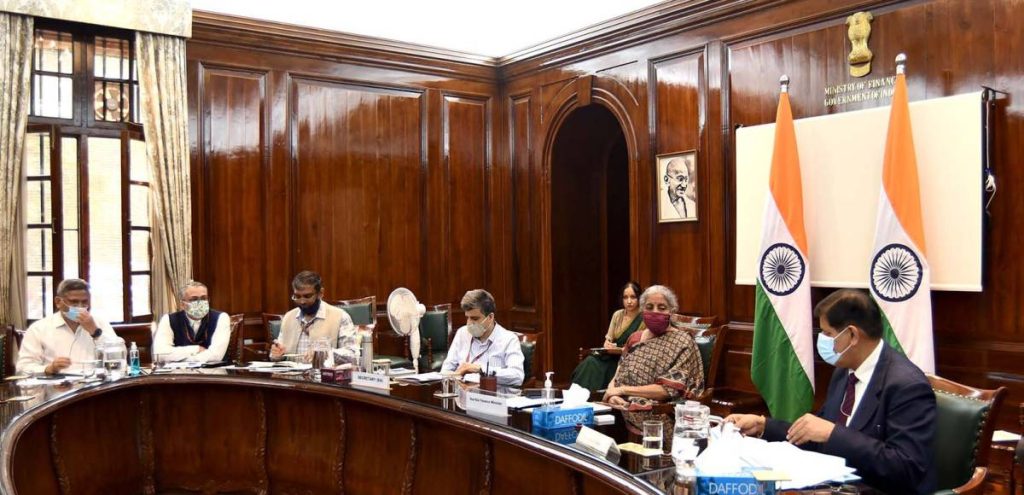
Tax revenues have gone down in the states, and petroleum and the lottery are among the biggest sources of revenue even for well-run states such as Kerala. Were petroleum products to be placed under GST as indeed is very desirable from the viewpoint of the overall economic interest, the share of the states would be 14% and that of the centre another 14% of sales, were the highest rate of 28% to be introduced. Their revenue would, these governments calculate, be much less than what they were getting at present. Over three years, the additional income and employment created by lower taxes on petroleum would generate far more revenues than if present rates were to continue. Lower tax rates may result in short-term problems, but would have substantial medium and long-term gains over 3-5 and 5-10 years.
Opposition from some state governments, has ensured that the Finance Minister has thus far been unable to bring petroleum products under GST. The delay in bringing petroleum products under the GST umbrella is just one among numerous such blockages that are present in the economy. Some are caused by delays in the judicial process, which in practice is very complex in India. A single defamation suit may include as respondents a host of individuals with no knowledge of, or responsibility for, actions described as defamatory in the suit.
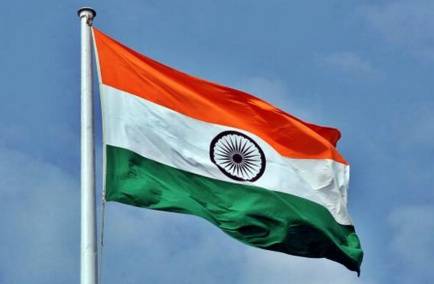
Representation has to be made by each, even when they are in no way responsible for any actions alleged to be defamatory. Paper books of substantial size get created as a consequence of just a single suit, so it can be imagined how much paperwork gets generated as a consequence of hundreds of thousands of suits that get filed continuously across the country. Proceedings may involve often unaffordable (in the absence of a loan or a handout from family and friends) legal expenses in order to ensure compliance through quality representation. Worry about the expenses that could get incurred on health and legal issues are possibly the biggest source of financial worry to those individuals who are less than very wealthy.
Each personal appearance involves time, travel, expense and frayed nerves. Citizens look to the Chief Justice of the Supreme Court and his colleagues to ensure that there is live streaming of court proceedings in India. Next, that they put in place a mechanism that would permit an examination of the suits and cases filed before the courts, and throw out those judged to be frivolous and vexatious. When the backlog of cases is so substantial as to cause delays in the consideration of many, there is a case for being much more sparing in admitting cases in the first instance. Deserving cases may languish as a consequence of the legal system getting clogged up because of cases filed for perhaps less than bona fide reasons.
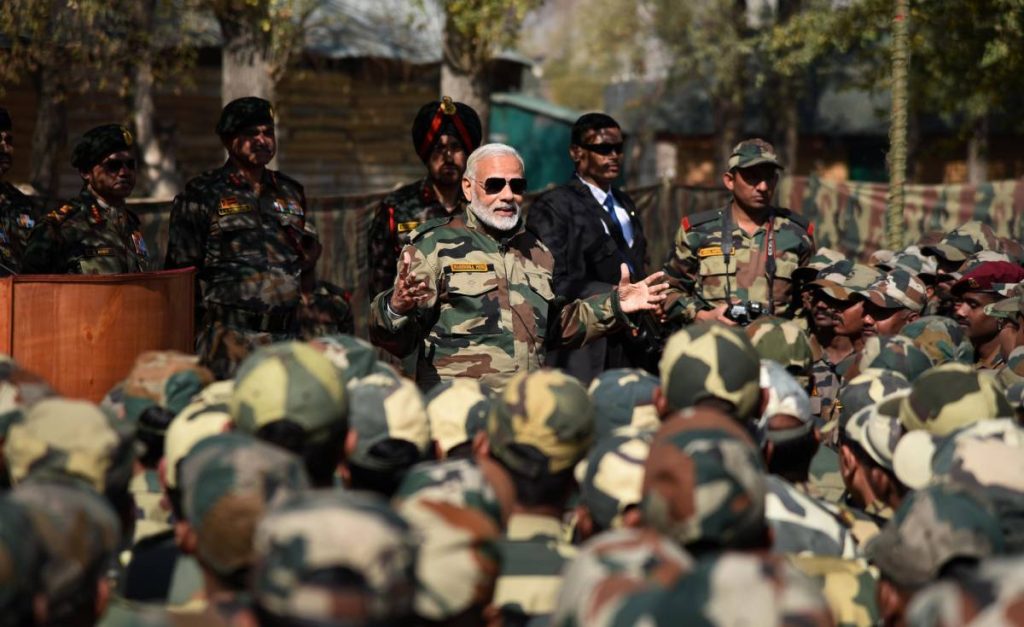
Another aspect needing examination is the lingering belief that the PRC will adjust to the valid demands made by India and accommodate the world’s most populous democracy. Such expectations are an exercise in futility. As a consequence of some of the efforts at conciliation of PRC sensibilities, hundreds of thousands of new jobs created directly (and several times that number indirectly) through a substantial boost in Taiwanese investment in India may be at risk.
Since becoming President, Tsai Ing-wen of Taiwan has made India the centrepiece of her new “Southbound policy”. Under Xi Jinping, the demands made on Taiwanese businesspersons operating in China have been the same as those made for those from Hong Kong and Macau. Several of the businesses owned by Taiwanese that are functioning in the PRC have to hand over whatever data is demanded of them by the PRC, just as Chinese companies are made to do. In the past, data was secured clandestinely, as was reported to be the case of Nortel, a company based in the US and Canada that filed for bankruptcy in 2009.
Several of its premises were abandoned as the staff had been dismissed, and theft took place of much of the papers and equipment in them. These dealt with the technologies that the company had been adept in, and perhaps by coincidence, a leading tech company in China shortly began to roll out a host of products that had figured prominently in Nortel’s production line. Subsequently, that Chinese company emerged among the largest tech companies in the world. Foreign companies and especially Taiwanese companies operating in China may be forced to make a choice between committing illegalities (through sharing of information) in several of the markets they operate in or face problems with the Chinese authorities.
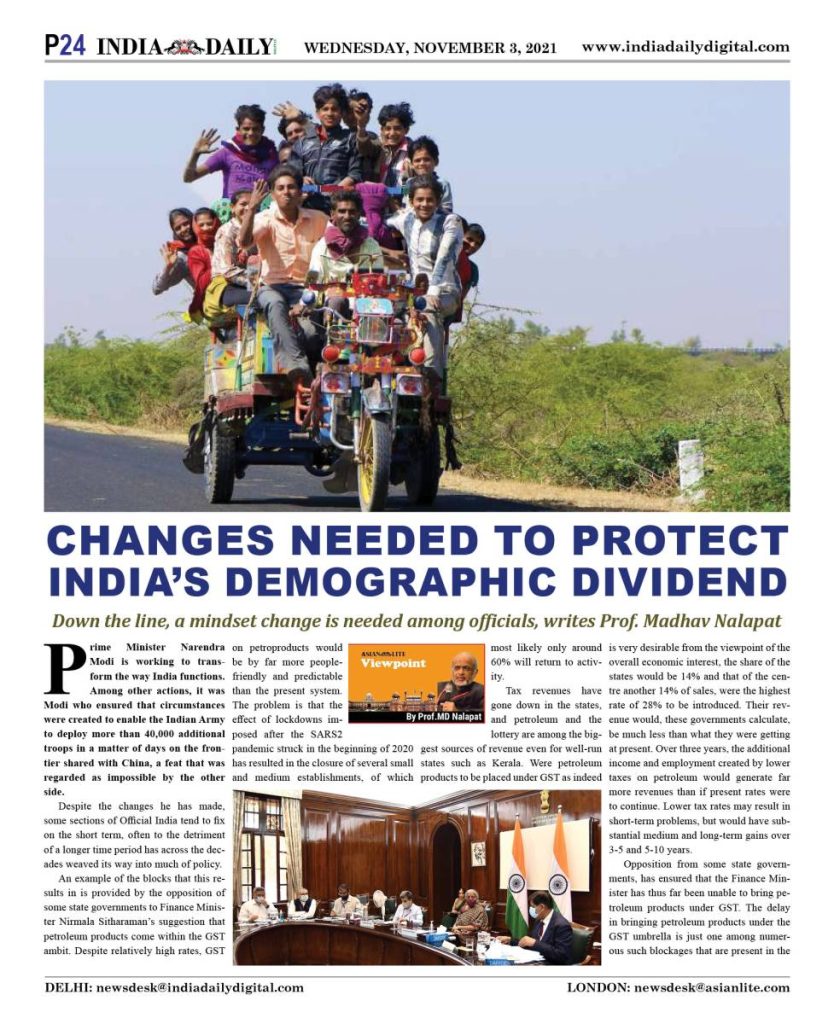
As a consequence, foreign companies have begun to exit the PRC and relocate elsewhere, Vietnam being a preferred location. Taiwanese companies could head the list of those shifting production from China to India, but for that, there needs to be a mindset change down the line in relevant ministries in New Delhi. External Affairs Minister Jaishankar fully understands the opportunity, and has been strongly supportive of initiatives to boost investment from Taiwan to India. Not all down the line share the EAM’s enthusiasm. TAITRA is the lead agency working to promote overseas investment by Taiwanese companies, and the Taiwan Expo 2021 was on October 27-29 and showcased India. For the 2021 expo, high-level participation was disallowed by a bureaucrat lower down the chain of command.
A decision seems to have been taken to ban Secretary-level participation from India in the 2021 TAITRA expo, an event centred around India as an investment destination. Even Invest India, an agency working to promote overseas investment did not (or was not allowed to) attend. Such a situation must delight Beijing, as authorities there are looking nervously at PM Modi’s mission of making India the Must Go international investment destination.
There needs to be a shift from policies that fail to factor in the ground reality of the present rather than remain tethered to what was done in the past. Down the chain of command, it is the signals and directives from the Prime Minister that need to be followed rather than be kept aside. Else those who would have got jobs, including through Taiwanese enterprises getting relocated to India, will remain without work, thereby squandering the demographic dividend from a high proportion of youth in the population.


